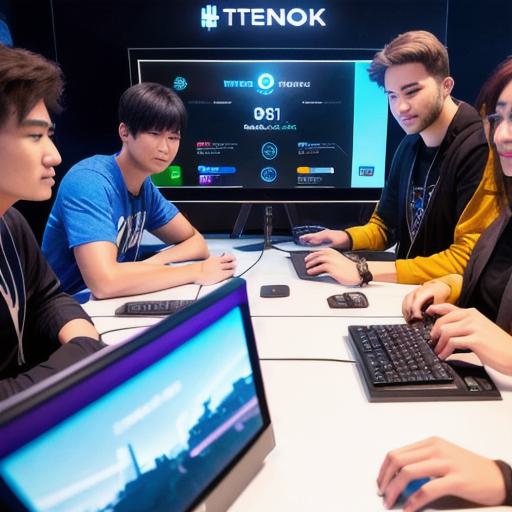Blockchain gaming is a rapidly growing industry, with an estimated 21 million players worldwide participating in blockchain games in 2018. As the popularity of blockchain gaming continues to rise, so too does the complexity of the legal landscape surrounding it. For blockchain game developers, navigating this landscape can be challenging and time-consuming, but failure to do so can result in serious consequences for both the developer and their players.
In this guide, we will explore the key legal issues facing blockchain game developers, including intellectual property rights, taxation, consumer protection, and regulation. We will also examine real-life examples of how these issues have been addressed in the past and provide practical tips for avoiding common pitfalls and ensuring compliance with relevant laws and regulations.
Intellectual Property Rights
One of the most important legal issues facing blockchain game developers is intellectual property (IP) rights. IP includes trademarks, patents, copyrights, and trade secrets, all of which can be used to protect a developer’s brand and assets from being exploited by others.

For example, in 2018, the popular blockchain game CryptoKitties was sued for trademark infringement by a company called Aptus Finance. Aptus Finance claimed that CryptoKitties had copied its logo and other trademarks without permission, leading to confusion among consumers and potential damage to Aptus’s brand.
To avoid similar issues, blockchain game developers should carefully consider their use of IP rights when creating and marketing their games. This includes conducting thorough searches for existing trademarks and copyrights before using any logos or imagery in their games, as well as obtaining permission from any necessary parties before incorporating third-party content into their games.
Taxation
Another important legal issue facing blockchain game developers is taxation. In many countries, the income earned through blockchain gaming is considered taxable, and failure to comply with relevant tax laws can result in significant penalties and fines.
For example, in the United States, the Internal Revenue Service (IRS) has issued guidance on how cryptocurrencies should be treated for tax purposes. This includes treating virtual currencies as property for income tax purposes, as well as imposing capital gains taxes on transactions involving these assets.
To ensure compliance with tax laws, blockchain game developers should work closely with tax professionals to understand their obligations under local and international tax laws. They should also keep detailed records of all transactions involving cryptocurrencies and other virtual assets, and be prepared to provide this information to tax authorities as needed.
Consumer Protection
Blockchain gaming is still a relatively new industry, and there are many unknowns when it comes to consumer protection. However, there are some key laws and regulations that developers should be aware of in order to protect their players from fraud, scams, and other types of harm.
One important consumer protection law is the Federal Trade Commission’s (FTC) Tug of War rule, which was designed to prevent deceptive advertising practices in the cryptocurrency space. This rule prohibits advertisers from making false or misleading claims about their products, as well as using deceptive endorsements or testimonials.
Developers should also be aware of anti-money laundering (AML) and know-your-customer (KYC) regulations, which are designed to prevent the use of cryptocurrencies for illegal activities such as money laundering and terrorism financing. These regulations typically require players to verify their identities and provide personal information before participating in blockchain games that involve virtual assets.
